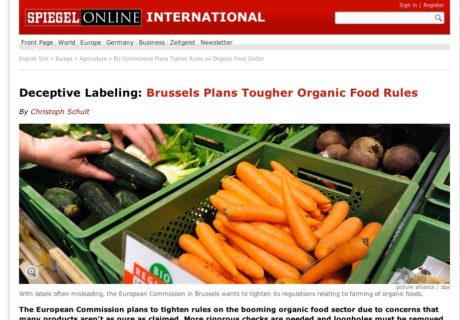Ethical Consumer’s latest product guide to tea has revealed an impressive growth in the number of tea brands certified by ethical labelling schemes.
Of the 30 leading tea brands surveyed, nearly 90% are certified by at least one ethical labelling scheme, compared to just 40% in 2000.
Organic is the most widespread label, with just under half the brands certified as such, while a third of teas are Fairtrade-certified and 21% are certified by the Rainforest Alliance.
Rob Harrison, editor of Ethical Consumer, said: “The growth of ethical labelling schemes within the tea sector has been phenomenal and represents a major win for ethical shoppers. It’s been shoppers and the development charities who’ve demanded that tea companies improve the ethical credentials of their tea.”
However, according to Ethical Consumer, more work needs to be done within the tea industry, especially with regard to paying tea workers a living wage. “Although ethical labels are now widespread, there are still problems for workers making many certified products such as tea. In fairness to the labels though, they are aware of the living wage issue and are already making some progress,” said Harrison.
The joint top scoring ethical tea brands in the survey were Hampstead Tea and Pukka, which are both certified as Fairtrade and organic.
Kiran Tawadey, founder of Hampstead Teas, commented: “I think it’s wonderful. At last one is being recognised not just for high quality but also for all of the rest of the things that play such an important part in getting products to our consumers in the fairest way possible, so we’re absolutely delighted. We’ve been doing it for many years and it’s great that there’s a group out there that actually sees what we’re doing and recognises us for it. We want to thank all of our consumers – that’s the most important thing – it’s their voice.




